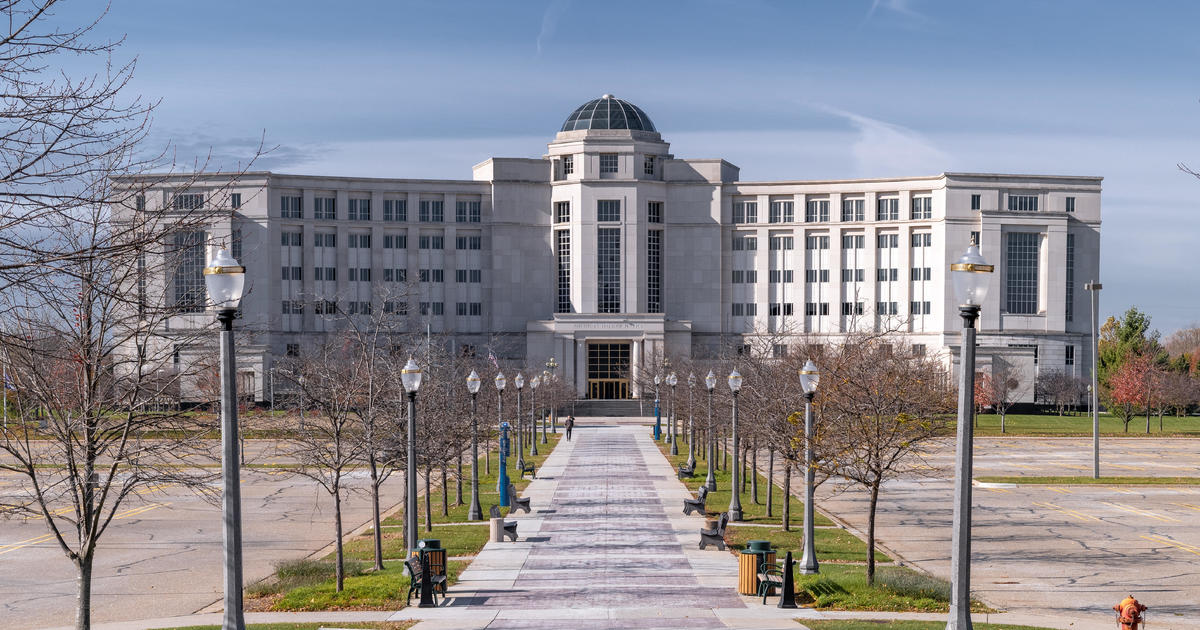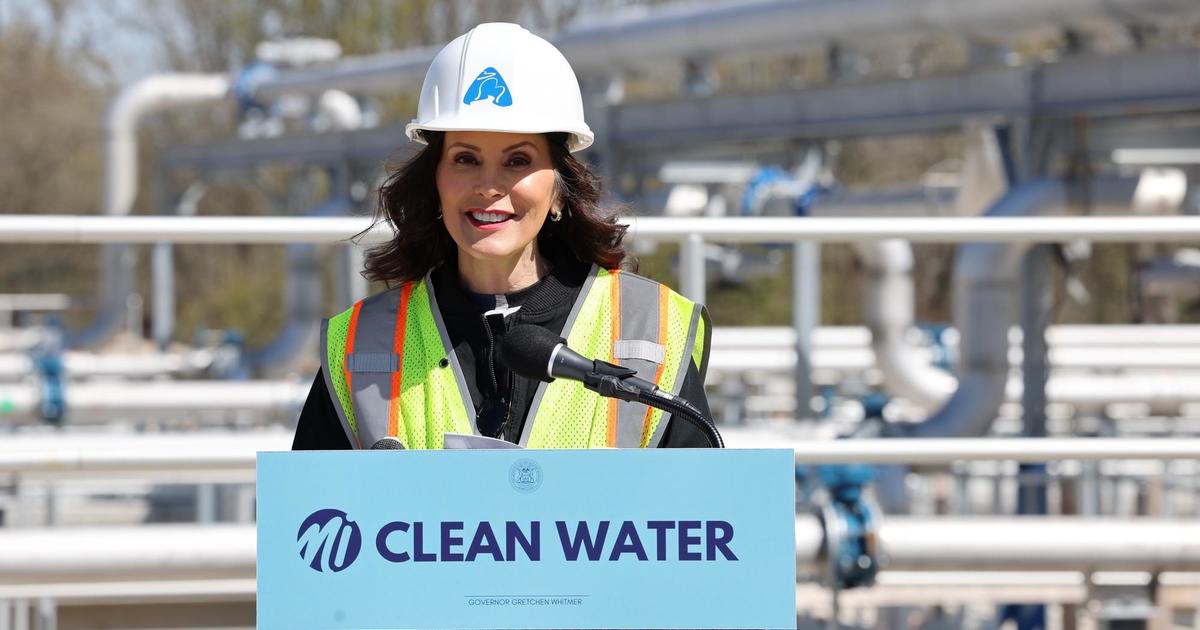Michigan State Police Urges Michiganders to Prepare For Heat Wave
CBS Detroit - With temperatures forecasted to hover in the 90s over the July Fourth Holiday, the Michigan State Police along the Department of Homeland Security is asking that you take precautions to stay safe and avoid heat exhaustion.
Capt. Kevin Sweeney, deputy state director of Emergency Management and Homeland Security and commander of the MSP/Emergency Management and Homeland Security Division said, "Extreme heat can be life-threatening," adding "By taking some precautionary steps, you can minimize your risk of heat-related injury and help those who are most affected by severe heat."
Tips On Preventing Heat-Related Injuries and Heatstroke
- Find places with air conditioning to take a break from the heat.
- If you are outside, find shade. Wear a hat wide enough to protect your face.
- Wear loose, lightweight, light-colored clothing.
- Drink plenty of fluids to stay hydrated.
- Avoid Alcohol
- Do not use electric fans when the temperature outside is more than 95 degrees, as it could increase the risk of heat-related illness. Fans create airflow and a false sense of comfort but do not reduce body temperature. Instead seek shade or air conditioning, placing cool water or compresses on the body to cool it
- Avoid high-energy activities.
- Check yourself, family members, and neighbors for signs of heat-related illness. Learn the signs at www.michigan.gov/miready.
According to the Mayo Clinic, heatstroke is a condition caused when the body overheats. Usually by prolonged exposure and/or exertion in high temperatures. Heatstroke is most dangerous if the body temperature rises above 104 F, causing damage to the brain, heart, kidneys, and muscles. This damage is compounded when immediate treatment is delayed, which could cause death.
Symptoms of Heatstroke Include:
- A high body temperature of 104 F or higher.
- Altered mental state or behavior - Confusion, agitation, irritability, slurred speech, delirium, seizures, and coma can result from heatstroke
- Alteration in sweating - With heatstroke by hot weather, the skin will feel hot and dry to the touch. Heatstroke from hard exercise or activity may result in the skin feeling dry or slightly moist.
- Nausea or vomiting
- Flushed skin or redness may occur as the body's temperature rises.
- Rapid Breathing - Breathing may become rapid or shallow.
- Racing Heart Rate - Your pulse may become significantly increase because heat stress places tremendous stress on the heart to cool the body. It's also harder for the heart to move blood if severely dehydrated.
- Headache - A throbbing headache may set in.
The Mayo Clinic recommends that if someone is suffering from heatstroke that you get them into the shade, or indoors into air conditioning while waiting for emergency treatment. Remove excess clothing, and cool them by whatever means you have available. The person can be placed in a tub of water, a cool shower, sprayed with a garden hose, or by placing sponges or cold compresses, cold and wet towels, or icepacks on the person's head, neck, armpits, and groin.
Children and people over 65 are more at risk of heatstroke. The body's ability to cope from heatstroke or stress from the heat comes from the central nervous system. In children, it is not fully developed yet and seniors may find their body having difficulty coping with extreme temperatures as they age. Avoid sudden exposure to hot weather. Like leaving a cold air-conditioned space or traveling to a hot climate. Give your body enough time to adapt to the change before doing strenuous activity. Above all, listen to the signs and symptoms your body displays as it heats up. Taking a break in some shade and drinking lots of water can help to avoid exhaustion occurring.
Also, people who have certain health conditions or are on certain medications may be more susceptible to heatstroke or exhaustion. As certain medications and conditions affect the body's ability to respond to heat. Medications that could affect people are blood pressure meds (beta-blockers), medications that constrict blood vessels, medications rid the body of sodium and water, antidepressants, and antipsychotic medications. Certain medical conditions that can make some more at risk are being obese, heart or lung disease, those who are sedentary, or have history of heatstroke.
Dehydration Symptoms
Children
- Dry mouth and tongue
- No tears when crying
- No wet diapers for 3 hours
- Sunken eyes/cheeks
- Sunken soft spot at the top of the skull
Adults
- Extreme Thirst
- Less frequent urination
- Dark-colored urine
- Fatigue
- Dizziness
- Confusion
For more information on heatstroke and heat-related illnesses click here.
© 2020 CBS Broadcasting Inc. All Rights Reserved. This material may not be published, broadcast, rewritten, or redistributed.



